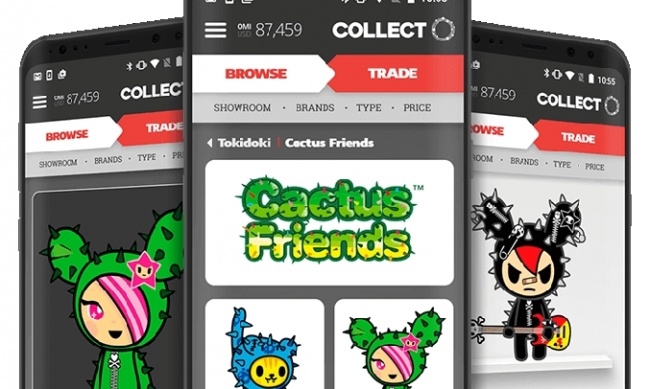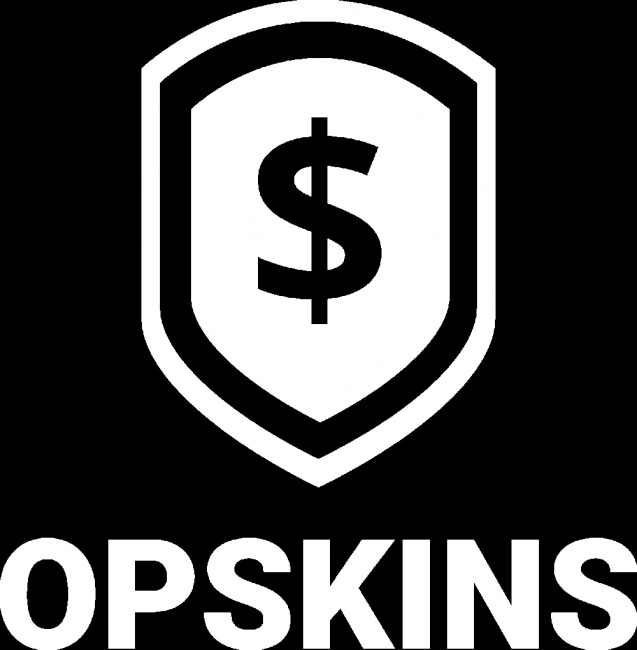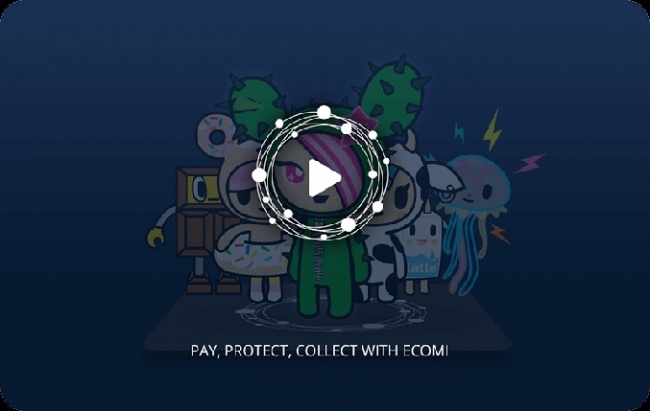One of the experiences buried deep in the folds of San Diego Comic-Con is the tech pavilion, located at the Omni the past few years. The medium-sized ballroom on the second floor houses about a dozen exhibitors offering bleeding edge tech, usually in buzzy areas like augmented or virtual reality, geolocation, haptic feedback (touch sensitivity, motion control) for digital environments and so on. I usually try to check it out at some point during the show because my "real" job is working with these kinds of companies. And as I recently became an advisor to the blockchain-based digital collectibles company ECOMI, I was keen to see what was going on in that particular space.
Most people know about blockchain from its most (in)famous application as the basis for Bitcoin and other cryptocurrencies. While that is certainly getting a lot of media hype, I am personally more interested in its potential uses elsewhere for things like authentication of ownership of digital assets and tracking of physical inventory. As I wrote a couple of months ago, it holds a lot of promise for the collectibles market by creating genuine scarcity, ownership and provenance around digital content – whether that’s digital comics, digital trading cards and game pieces, limited edition artwork – or some kind of exclusive digital enhancements to physical items (see "Is Blockchain the Future of Collecting", a story which preceded and actually led to my association with ECOMI).
With this in mind, I spent a little time over at the Omni seeing what was going on. I also asked around the industry to see how much awareness and interest existed on the part of the first wave of potential customers.
There were three blockchain-based companies exhibiting at the Omni, all fairly early-stage startups from the looks of it. Here’s what I found.
Blockchain for in-game transactions. One of the companies, Opskins, has a platform for using cryptocurrency for in-game transactions in mass multiplayer online games where players often spend real-world loot for rare or desirable items within the game. This strikes me as a really good implementation, since the online economies in games like World of Warcraft are gigantic, both in revenue and complexity.
Blockchain could add a layer of security, transparency and fungibility to otherwise sketchy transactions, and help bridge the gap between the very first examples of digital currency – in-game points and credits – and the broader applications to the financial world at large.
Tracking ownership of IP in a shared universe. Cellarius, a startup soliciting participants for its alpha pre-launch, was using a different feature of blockchain, the public ledger, as a way to enable fans to create and own canonical characters within their proprietary future-cyberpunk themed shared story universe. This is another really interesting application of the technology to solve a real conundrum in nerd-world: how to balance the interests of IP owners with the desire of fans to co-create stories and experiences – fan-fiction – inside that world.
The technology of this is a little bit in-the-weeds, but basically, one of the key security aspects of blockchain is that all the independent nodes in a network have to agree whenever a new transaction (“block”) is added to the ledger (“chain”) associated with each unit or token. In cryptocurrency, this ensures security because it is nearly impossible to hack all the nodes simultaneously to insert a fraudulent transaction into the blockchain. Some system or person will note a discrepancy, and bogus entries will be rejected.
As far as I understand what this company is doing, they appear to be using the public ledger as a way for the community as a whole to vote on which fan contributions get accepted into the shared story world, and to track use and ownership of those characters or story elements back to their original creators. According to their white paper:
"Blockchain technology provides an opportunity to create decentralized models of content creation and consumption. This technology, also known as distributed ledger, introduces a global "trust layer" whereby the network can verify transactions without a third-party intermediary... The blockchain ecosystem has seen the tremendous crowdsourcing capabilities of smart contracts as a funding mechanism. Smart contracts are not limited to acting simply as crypto-tech-fuel. Voting rights and collectibles are two simple examples of valuable use cases."
Ok then.
This has potential not only for this immediate application, but also for large, commercially-managed shared universes comprised of characters created by different people and teams. Lego, Funko and similar brands that use IP licensed from different sources might see a use for this down the road.
Coin of the realm. BlockchainBTM, The third company exhibiting at the Omni felt more like a “mainstream” blockchain play, if it is not premature to use that descriptor. They are issuing their own coin to promote their e-wallet software application, ATM machines and consultancy network, and were giving away denominations of it with a "spin-the-wheel-of-fortune" prop and prizes marked with a QR code readable by their app. This seemed to have no special relevance to pop culture beyond the fact that we all want more money to buy more cool stuff.
Waiting for a tipping point. Frankly, given the buzz around blockchain and the innovations that I know are coming down the pike for digital collectibles, I was surprised that there was so little of it visible at the world’s largest pop culture trade and consumer show. Perhaps the costs and chaos of Comic-Con are not ideal for showing off technology that doesn’t have big flashy graphics or a "wow-factor" hardware component. Or maybe the best examples were hiding in corners that I didn’t get to.
Whatever the reason, blockchain appears to still be on a long fuse in terms of the priorities of the pop culture industries. However, it is lit, and sooner or later, it is going to cause a big bang.
The opinions expressed in this column are solely those of the writer, and do not necessarily reflect the views of the editorial staff of ICv2.com.
Rob Salkowitz (@robsalk) is the author of Comic-Con and the Business of Pop Culture.

Column by Rob Salkowitz
Posted by Rob Salkowitz on August 7, 2018 @ 11:43 am CT







